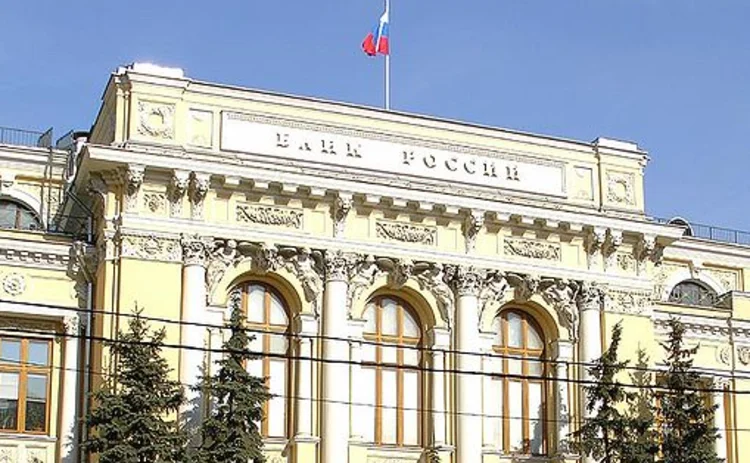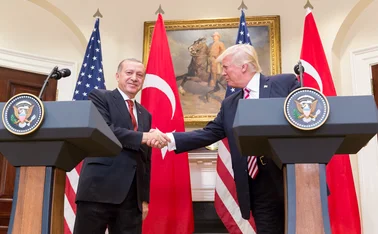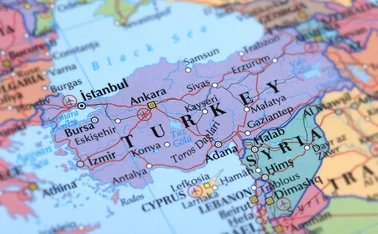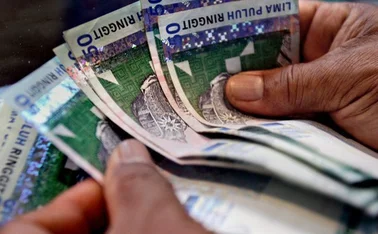
Bank of Russia slashes forex intervention target

The Bank of Russia has cut its daily foreign exchange intervention target in half, to $60 million, in a move designed to bring the central bank closer to full exchange rate flexibility.
While the change will not directly restrict the degree to which the central bank can intervene in forex markets, it does alter the frequency with which the target band moves. The band is automatically adjusted by five kopeks (0.05 roubles) when the cumulative total of daily interventions that have exceeded the value of the target reaches $400 million.
Thus the band should now more accurately reflect the market exchange rate, and the central bank should intervene less. This, the central bank said in a statement, "would enhance the effectiveness of interest rate policy".
The Bank of Russia is aiming to achieve a fully floating exchange rate by 2015 and adopt a set inflation target by the end of 2014, rather than targeting an inflation band as it does currently. The International Monetary Fund (IMF) noted in its latest Article IV consultation on Russia, published yesterday, that this is no small undertaking for a country heavily reliant on volatile oil prices.
The IMF recognised the Bank of Russia's efforts to improve exchange rate flexibility, saying this has "served Russia well". However, the Fund warned that the central bank had an uphill struggle ahead of it in establishing credibility and turning Russia's "shallow and segmented" financial markets into an effective monetary transmission mechanism.
Competition in the banking sector is low, hindered by "high concentration at the top and excessive fragmentation at the bottom" of the banking system, the IMF said. Large state-owned banks dominate, helped by easy funding from the central bank and government, while the 700 or so smaller banks struggle to access the interbank market.
The Bank of Russia has begun stepping up efforts to anchor inflation expectations, publishing its first inflation expectations survey this year. The IMF urged the central bank to publish more forecasts and place a greater emphasis on forward-looking analysis in its monetary policy reports.
"Furthermore, the central bank should consolidate its vast array of monetary operations instruments and rates," the report said.
The IMF also cautioned that the Bank of Russia is likely to narrowly overshoot this year's inflation target band of 5–6% despite monetary policy being "appropriate". A "tightening bias" will be necessary to hit next year's lower (4–5%) inflation band, the report added.
The central bank and government have both come under pressure from business leaders and officials to pursue expansionary policy, a course the IMF warned against. The Article IV report estimated that the Russian economy currently has little or no output gap, suggesting that expansionary fiscal or monetary policies "would at best provide a modest and unsustainable increase in growth", while pushing inflationary pressures higher.
On October 14, the Bank of Russia decided to hold its headline interest rate steady, at 5.5%.
Only users who have a paid subscription or are part of a corporate subscription are able to print or copy content.
To access these options, along with all other subscription benefits, please contact info@centralbanking.com or view our subscription options here: http://subscriptions.centralbanking.com/subscribe
You are currently unable to print this content. Please contact info@centralbanking.com to find out more.
You are currently unable to copy this content. Please contact info@centralbanking.com to find out more.
Copyright Infopro Digital Limited. All rights reserved.
As outlined in our terms and conditions, https://www.infopro-digital.com/terms-and-conditions/subscriptions/ (point 2.4), printing is limited to a single copy.
If you would like to purchase additional rights please email info@centralbanking.com
Copyright Infopro Digital Limited. All rights reserved.
You may share this content using our article tools. As outlined in our terms and conditions, https://www.infopro-digital.com/terms-and-conditions/subscriptions/ (clause 2.4), an Authorised User may only make one copy of the materials for their own personal use. You must also comply with the restrictions in clause 2.5.
If you would like to purchase additional rights please email info@centralbanking.com







